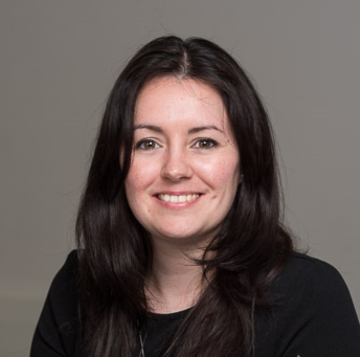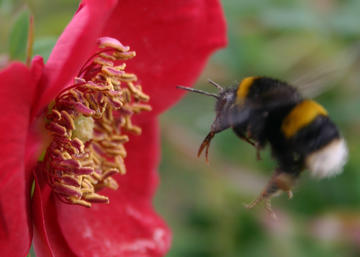Career Profile: Hayleigh Jutson
Community Engagement Officer
What is your current job title?
I am the Community Engagement Officer (for Older Adults) on the HOPE for the Future Project at the OUMNH. I am also a Community Engagement Assistant on the Oxford University Gardens, Libraries and Museums (GLAM) Community Engagement Team.

What was your background before joining the Museum?
Growing up in the South West, I spent a lot of time exploring Dartmoor and the beaches of Devon and Cornwall, which is where I developed an adoration for natural history. I spent much of my youth clambering around in trees and streams with a vivarium, catching things like stick insects, newts, slowworms and crabs (and, of course, releasing them back where I found them!). I continue to be fascinated by all the different and beautiful species around me, from trees to mosses and lichen, and all the other animals that I have come across while out on my adventures.
Since studying for a degree in Forensic Anthropology and Crime Scene Investigations, I have had a varied career working as a Biomedical Assistant for the NHS, a Culture and Heritage Apprentice, and a Natural History Assistant. I have also worked in residential care for later life adults, which is where I developed a passion for working with older people.
What are your key duties and responsibilities?
My main responsibility as a member of the HOPE team is to engage with older adults and intergenerational groups; helping the public to understand more about our British Insect Collection. I am also responsible for making sure that our natural history collections can be used to enrich the lives of older adults and improve well-being. In practice, this means helping to establish the Museum as an age-friendly institution through outreach, events, and projects that are specifically for older adults and intergenerational groups.
What are the main skills you use in your role?
The main skills I use are communication, relationship-building, listening, and being resourceful. Research is also a key aspect of my role, as I am not an expert in all of the topics that I deliver events and outreach about. It's therefore really important for me to be able to quickly learn information from my colleagues, and find the best way of communicating that information to the public. When running events about natural history, I often meet members of the public who have their own stories and facts to contribute, which makes my role even more exciting. I learn so many new things every single day — it's a fascinating and rewarding job.
How did your career path lead to this role?
During a very long hiatus from my studies, I undertook a Culture and Heritage Apprenticeship at Plymouth City Museum and Art Gallery (now called The Box), which was where I fell in love with working in museums. It was like I accidentally discovered what I was supposed to do with my life, and had a sort of "this is who I am!" epiphany. I then made it my mission to pursue a career in the museum sector. This meant volunteering and working in any role that would help me grow and find my feet. On that journey, I discovered that I love working with the public, showing off specimens and sharing stories with people.

What would you recommend to people who are looking to get into this area of work?
I would recommend volunteering! It is the best way to get a feel for working in museums and for learning all the vital skills that you'll need. It can be quite hard getting that initial 'foot in' because there aren't always a large number of Museum jobs to apply for. When jobs do come up the competition is huge, so you should aim to get as much experience as you can. Be willing to try lots of different roles to help you figure out what aspect of museum life you want to specialise in, and don't be afraid to take on temporary positions. If you're finding it a difficult or long battle, know that you will get there eventually, and all of your efforts will have been worth it.
What are some of the areas in your sector that are of special interest to you, or that you are pursuing development in?
I am really interested in developing and delivering services for older people, and thinking about how museums can be used to increase wellbeing, and offer learning opportunities, for people at any age. I want museums to be a space for all to enjoy and develop their sense of wonder and imagination.




